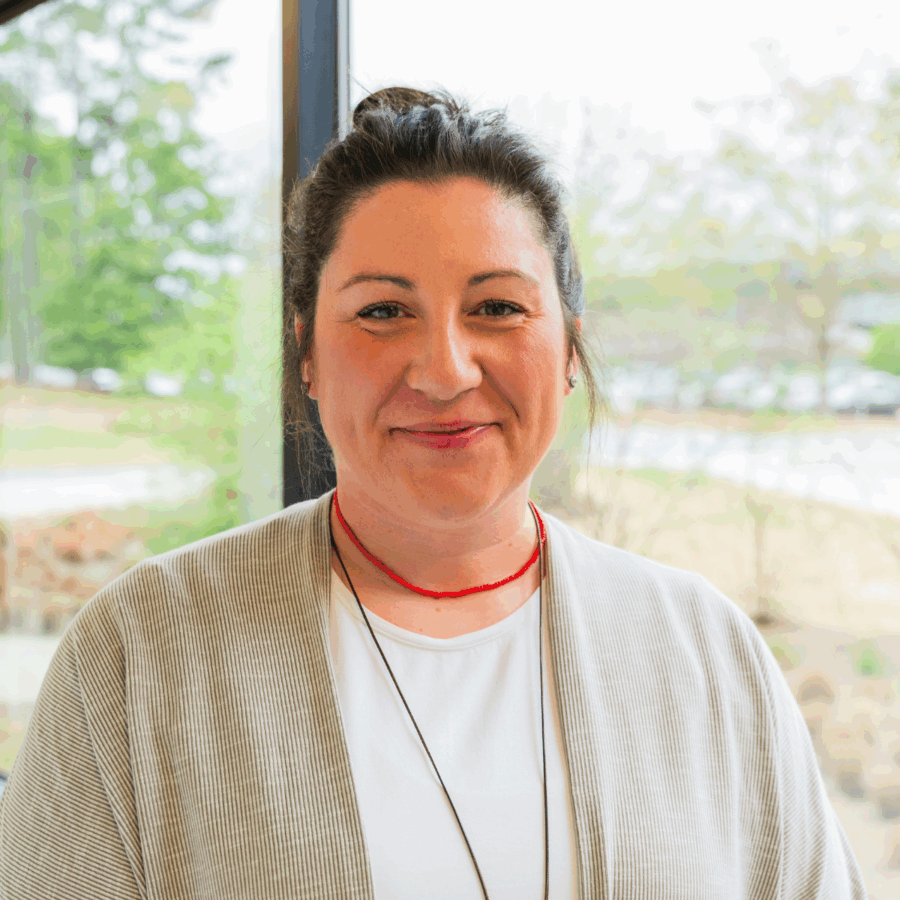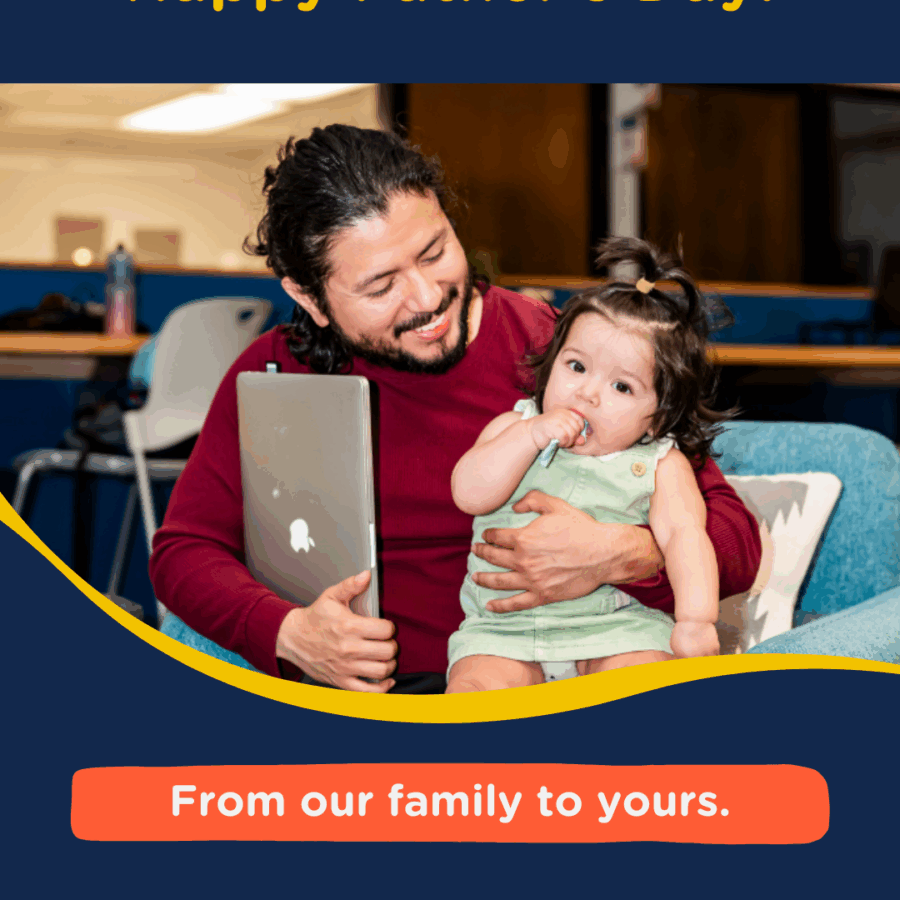Code the Dream hosted a community Twitter Chat as part of our Tech & Civic Engagement campaign. The series of questions and prompts led to an engaging conversation about the ways in which people use technology to connect with their local communities, their government, and the world around them.
Here are a few of the highlights!
QUESTION #1
Your ability to understand technology can vary based on when you were first introduced. For people who grew up with computers at a young age, often called digital natives, adapting to the Internet and new ways of communicating, learning, and doing business feels second-nature. Others may have taken longer to change their habits.
Lori Khamala, our director of programs, remembers hearing about the concept of “email” from her father, and how revolutionary it was at the time.
QUESTION #2
For the average person, the early days of the Internet were much simpler: write a document, make a spreadsheet, search for “dinosaurs” using Yahooligans on the school computer. Even then, adapting to life in the age of technology was not easy for everyone.
In the modern world, digital literacy is crucial. Computers are quickly becoming the access point for education, news, jobs, health care, and many other aspects of everyday life. Accessibility has to be baked into our devices and systems so that any person can unlock the potential that modern technology provides.
QUESTION #3
Because of the ongoing COVID-19 pandemic, many of us moved to work-from-home or hybrid office setups. This meant more households required quality internet access for work, school, and personal tasks like paying bills or doctor visits. Our options for entertainment and communing with friends also moved online, specifically to social media apps like TikTok and YouTube.
While having these options gave us an outlet during quarantine, it expedited an already dangerous trend of addiction to our devices and screens, a habit that many of us are still trying to kick.
Governments had to adapt, too. Services and means of communication that were typically in-person now relied heavily on digital platforms, and counted on citizens to have access to these platforms.
QUESTION #4
Even in 2022, access to quality Internet or a computer isn’t a given. “According to the US Census Bureau, nearly 20% of North Carolina households do not have access to a meaningful device. For 4.4% of NC households, a smartphone is the only “computer” that they own. 14.4% of households don’t have a device at all,” according to the NC Department of Information Technology website.
The NC DIT works to close the digital divide through initiatives that solve the issues of affordability, access to technology and digital literacy in the modern world.
Some municipalities, like Wilson, NC and Chattanooga, TN, have taken steps to create their own high-speed broadband networks to better serve communities in areas where affordable, quality internet isn’t available through the private sector.
Read more about Wilson and Chattanooga community-owned services.
QUESTION #5
As news media moves more and more online, access and digital literacy, two topics we mentioned earlier, are important to building an informed community.
In an episode of the “Far Flung” podcast, host Saleem Reshamwala explores how journalists in Caracas use creative ways to present the news and keep the community informed in a country without a free press or regular access to the internet.





